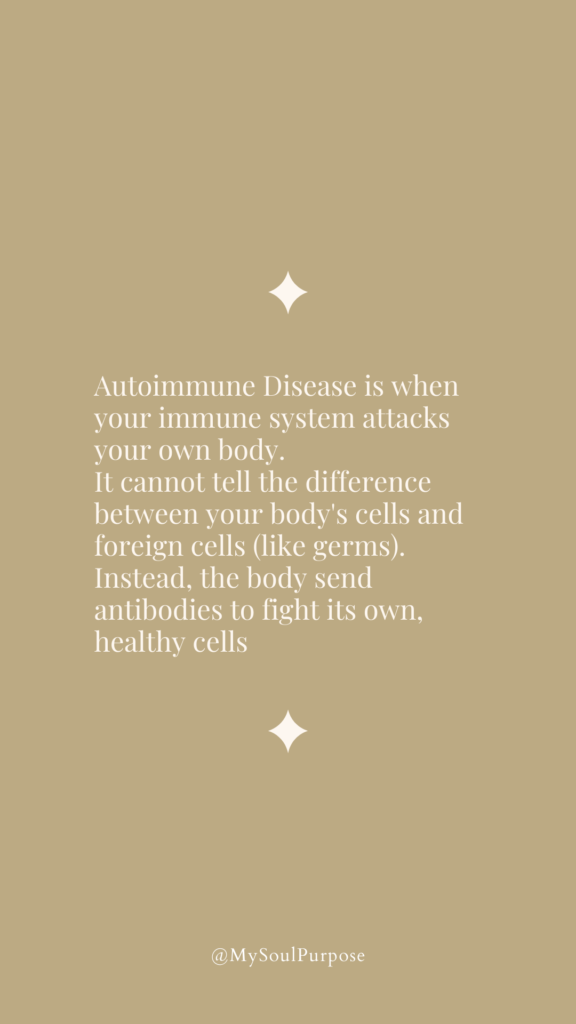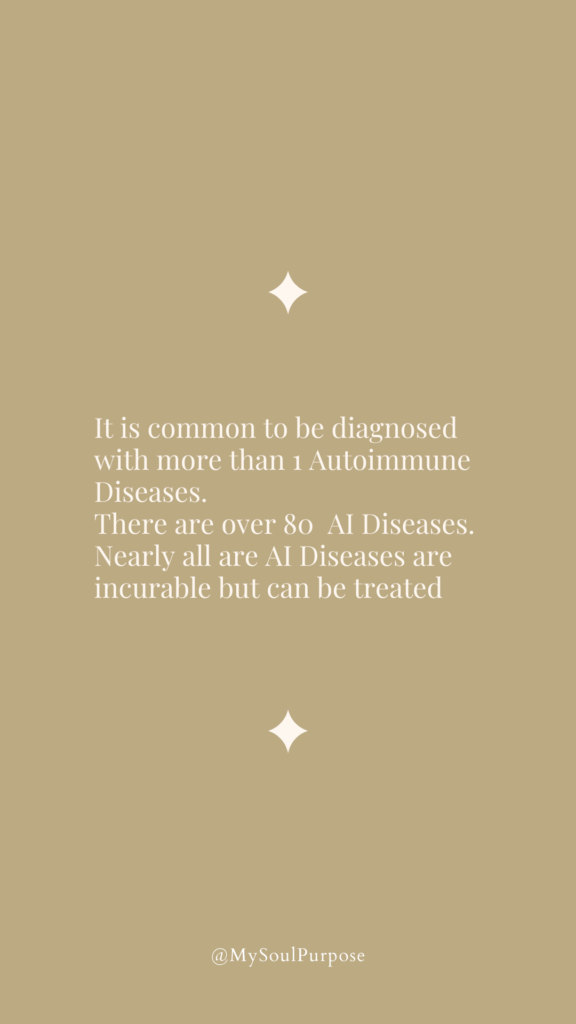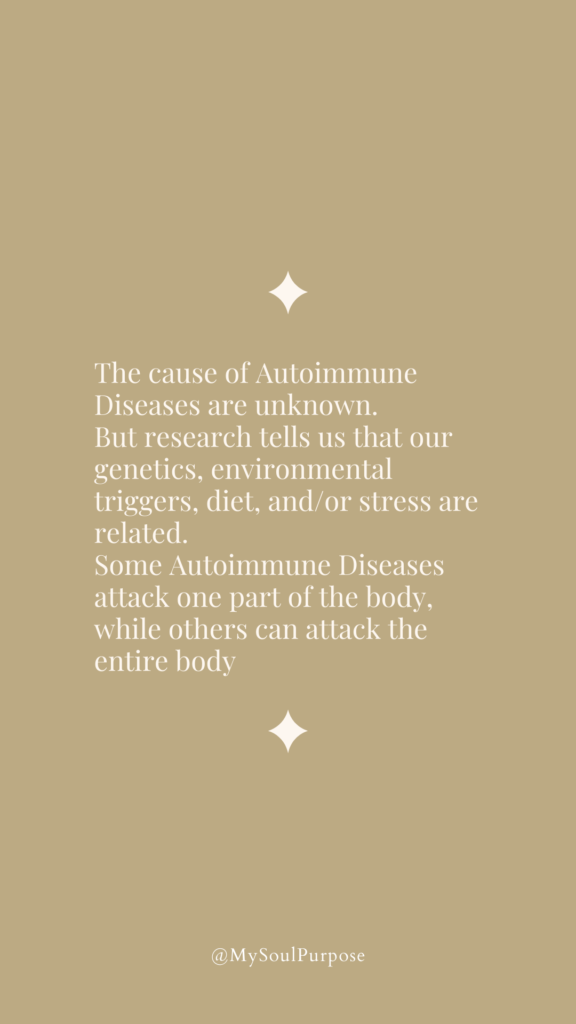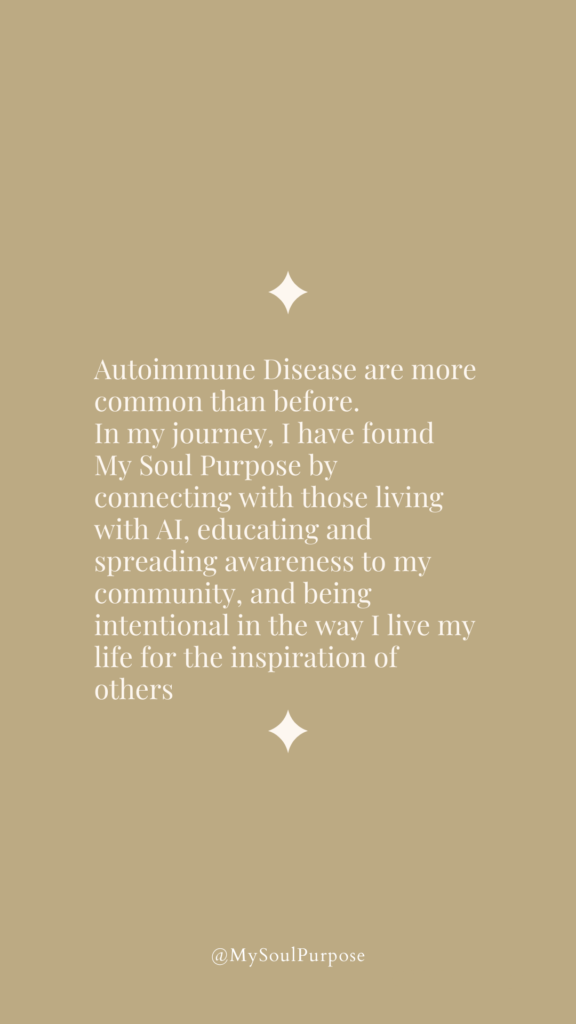I grew up thinking how lucky I was. How lucky I was to have two parents who were still together, to not have experienced a death in my family, to have great health, a home, lots of friends, an education and no debt. I felt like everyone else around me had something that made me grateful for the life I have. Whether it was someone who had passed away, a money problem, parents who were divorced, or a less than pleasant upbringing. I felt grateful to not have had a “hard” life.
That was until my junior year of college. When I had something that would make me question my life and everything in it. Welcome to My MS Journey, a 10 week series of vlogs, posts, and stories of honest truths about a life with an Autoimmune Disease.

The Onset
Waking up one day during my Junior year of college at Texas Tech University, I couldn’t feel my body. My arm felt like I slept on it wrong, causing the tingly pins and needles feeling all over my body. I thought if I kept moving it would go away within a few seconds. Except it didn’t.
From that moment on I continued to experience extreme fatigue, numbness, and constant headaches. I lost my beautiful cursive handwriting (and handwriting in general), strength, and balance. I wasn’t able to tie my tennis shoes or curl my own hair, I felt hopeless.
My boyfriend, Collin (now Husband), typed all my essays for each of my classes since I couldn’t use the computer. My girlfriends and roommates helped me put makeup on and clipped my tiny jewelry together.
I started missing my 8:00am classes, then my 9:00am classes, until soon I couldn’t get out of bed until 10:00am. My grades were slipping as my absences and tardies accumulated.
This went on for 3 months as I saw more and more doctors. I went to the campus doctor, a general practitioner in Lubbock, my general practitioner in Keller, but every doctor told me to either take Tylenol, get more sleep, or “take it easy”.
It wasn’t until December that I flew home and went to UT Southwestern’s emergency room. My headaches had gotten so bad I was bawling from the pain. I received a large amount of pain medicine to settle my head before having an MRI ordered by a neurologist. Once ordered, I was referred to a neurologist in Fort Worth.
The Diagnosis
I remember the day fully. My mom and I would go to the neurologist to understand the results of my MRI. The drive was awful…construction on the highway made for a ton of traffic. I was already anxious before even stepping foot in the building. The building was an ugly brown brick and the elevator had old building smell.

We walked to the room a few doors down from the elevator. It had a large waiting room filled with older patients. I was the youngest in the room as most patients were double my age, accompanied by wheelchairs or canes.
My name was called to continue into a private room. The nurse took my blood pressure and vitals, and asked me how my symptoms started. I had been through this numerous times before already. The words rolled off my tongue without any thought or hesitation now. She thanked me and left the room, insuring me the neurologist would be in shortly.
And he was. He evalutated me with a physical exam – checking my reflexes, eyes, muscle coordination, strength, and feeling with a pinprick and vibration.
He pulled up the MRI images of my brain and spinal cord. He pointed to the small to medium sized grey matters on my brain. He explained they were liasions and what that meant.
I became foggy with every new word he introduced to me and the explanation that followed. My legs were dangling from the medical bed. I looked anywhere but at my mom who had tears in her eyes. She is usually one to think you could fix a headache by drinking more water lol, so seeing her crying I knew this was something big.
I had no idea what MS was. At the time, I couldn’t tell you what Autoimmune meant or what chronic illness entailed. Maybe I was ignorant…my life was good. When it came to my health I never had a broken bone, surgery, or cavity. This was new to me.
My Understanding
The 1st neurologist I saw wanted me on Tysabri – an infusion medicine known for treating patients with MS. He pushed for it, telling me all the consequences if I didn’t take it. Bringing up acronyms like RRMS and PML that I wasn’t aware of.

As he spoke, my eyes rolled over. I didn’t understand what he was saying. There was no space between my diagnosis and my treatment plan for me to process, let alone sit with the information.
It felt too fast. The day before that bizarre morning, I was a normal 20 year old woman in college. Now, I had a debilitating disability that weakened my immune system for the rest of my life.
I struggled from that day forever. Perhaps I wasn’t educated in the realm of Autoimmune diseases or perhaps I was naive and ignorant because I never had to deal with my health or anyone else’s. Regardless of what it was, I was not ready to make large decisions in a short amount of time.
Instead, I opted for no decisions to be made at that appointment. I needed time. Frustrated, the neurologist was left to accept my decision for no decision, at least for the meantime.
With an infusion of Corticosteroids (approved by my neurologist), I regained all my coordination and mobility again slowly. I felt like myself again…although, not entirely. The corticosteroids acted as a ‘pause’ button on the active activity in my brain. The activity I couldn’t see.
The next 5 years was a cycle of denial, research, anger, acceptance, activism, and now…peace. I explain how each of these stages feel in the post, “7 Post-Diagnosis Stages”.
My Treatment Plan
I originally wanted my MS journey to be treated with natural medicines. Eating whole, organic foods, taking supplements, lots of exercise and water, therapy, etc. It was my decision to not partake in the medical infusions the neurologist suggested.
Collin and my family were not excited about this decision of mine, but Collin listened to me. He respected my decision even if he did not agree with it. It was him who convinced my family to be on board with my decision, as this was my journey and not theirs.

(Since then, I have always tried to respect Collin’s decisions for his own life, even if I do not agree with them. We both respect each other for being independent of one another).
The idea of infusions scared me. I read in a number of blogs that the medicine was equivalent to chemo on your body. It would essentially lower and attack my immune system, to stop it from attacking itself. Back then, it made no sense to me, therefore I did not want it.
Off I went with my natural approach for the next 6 months. I had fruit smoothies every morning, followed by organic deli meat sandwiches for lunch, salads with protein for dinner, and healthy fats and oils for snacks throughout the day. I worked out from Winter to Summer, and no matter how cold it got, I didn’t quit during the low Winter temperatures like I would have the year before. I went to church, journaled, read, and went to the park with my dog Luna as much as I could.
In those 6 months I felt the best I ever had. But the semiannual MRI scans I agreed to, said otherwise. The results showed new and worsening lesions on my brain. This confused me more than life. How could I feel better than ever before, but my brain showed otherwise?
If I didn’t feel the results of the worsening and new lesions now, I would feel them some time in the future. The type of Multiple Sclerosis I had was Relapsing Remitting MS.
It meant that I would have periods of relapses (side effects of the lesions) in between periods of remission (no increase in activity). These periods could be as long or as short as they wanted, with no telling between them.
Once I got the news of my worsening condition, it became harder to get in touch with my neurologist. I decided to find a new neurologist that I liked and belived in. Especially if it meant I had to start modern medicine soon.
It wasn’t long before I found my new neurologist in Southlake, Texas that I really liked. His team of nurses are amazing and it feels like they truly care about their patients. He even has an infusion center where patients come into his medical office and receive treatment in house. I liked the concept and I knew he was right for me.
I plan to share more about my MS journey, including important lessons I learned in picking a doctor that I hope can help others.
In next week’s post, you can continue reading what my symptoms were (in more detail), how they have changed since 2016, and what can trigger or reduce those symptoms.




